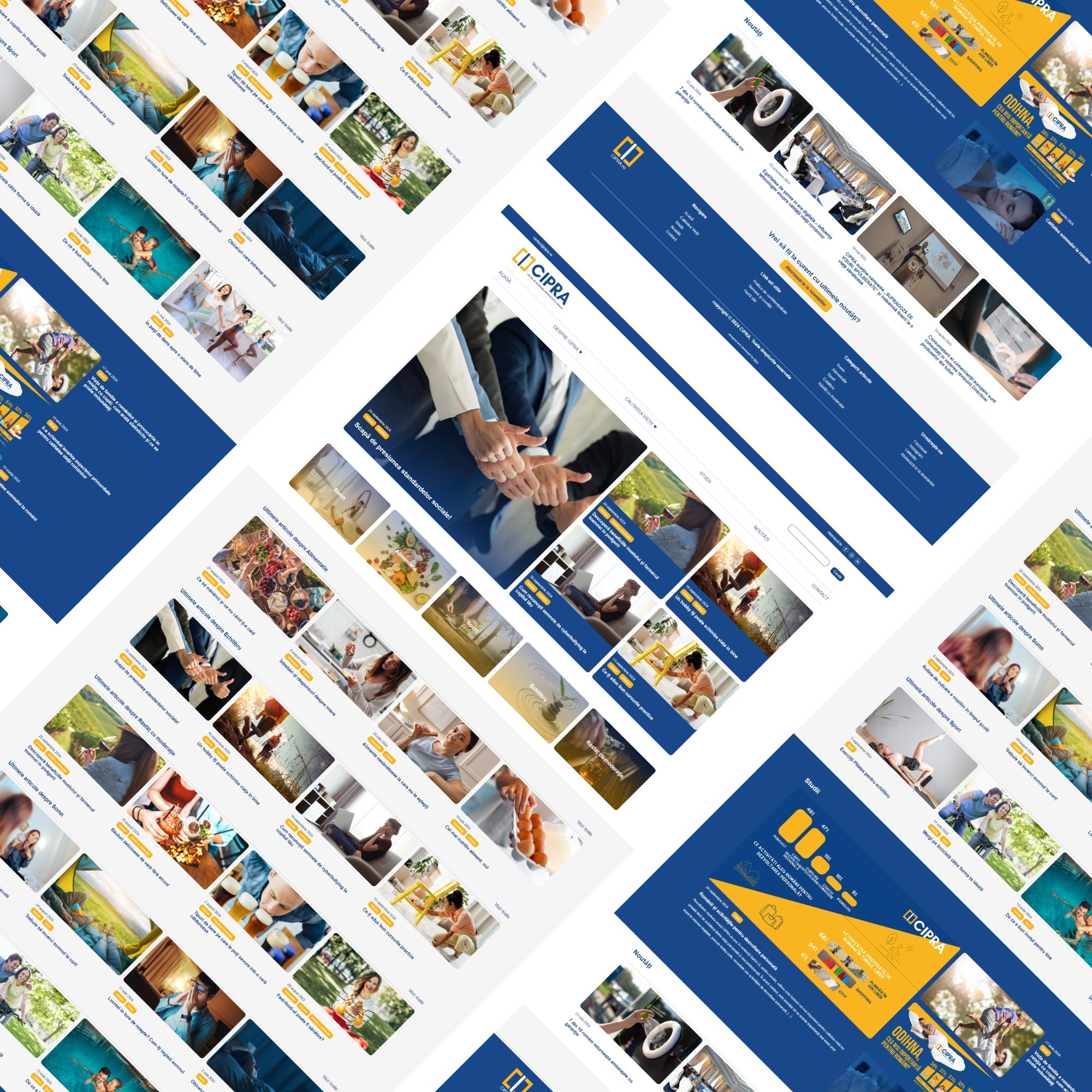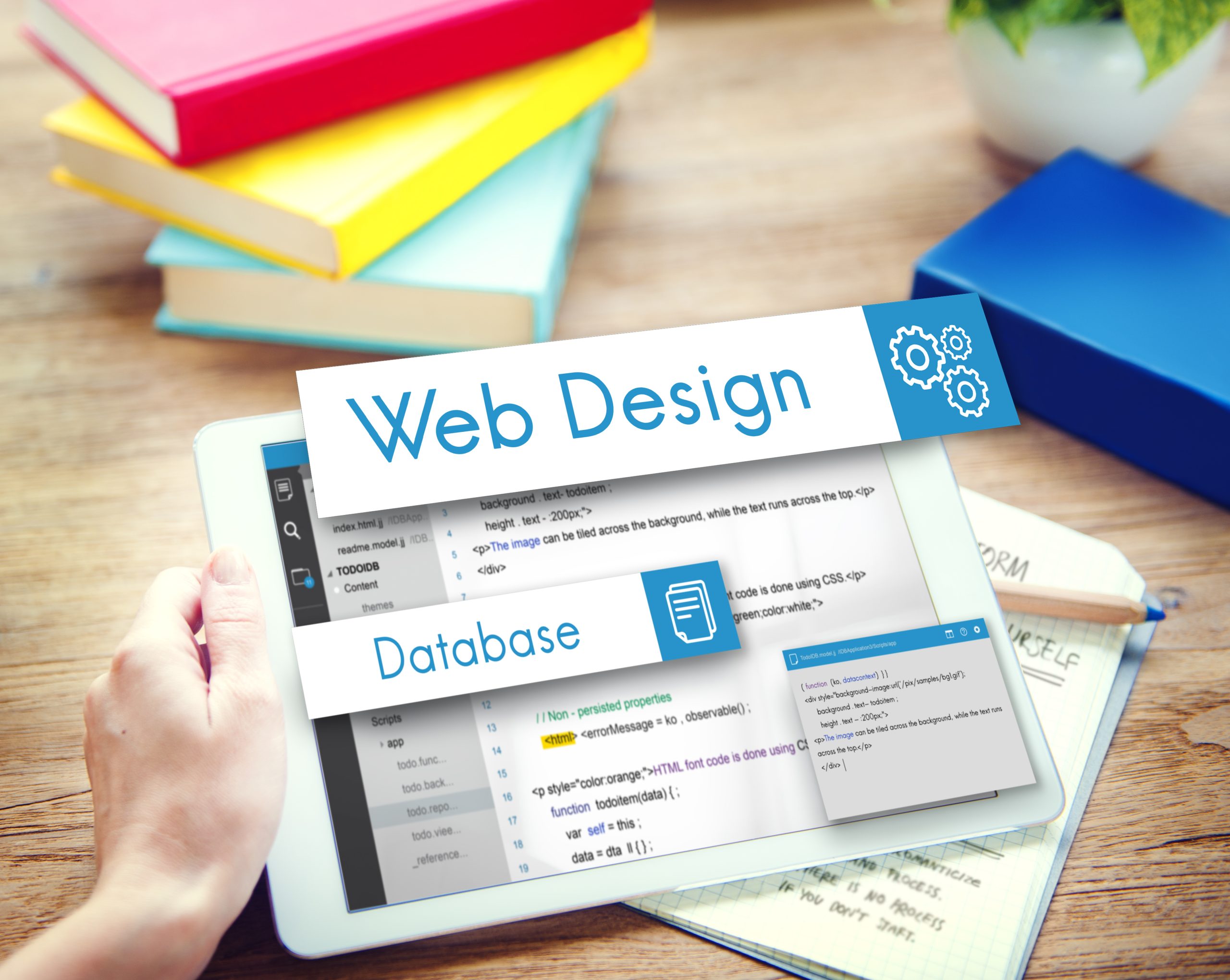In today’s digital world, where first impressions can be everything, a custom website serves as your unique and memorable calling card. For freelancers and business owners, a website is not just an online presence, but an extension of your brand identity that speaks directly to your target audience. In contrast, using templates may seem like a quick and economical solution, but it often proves to be a limitation to growth and long-term success. In this article, we explore why a custom website is essential to your business’s potential and how it can help you differentiate yourself in a crowded digital landscape.
Uniqueness as Your Brand Signature
Imagine walking into a room full of people dressed identically. How would you manage to stand out?
The same principle applies in the online world. A custom website is like a tailored outfit for your brand, allowing you to stand out in the digital crowd. It reflects your business’s personality, values, and vision, creating an emotional connection with your visitors.
Scalability and Flexibility for Growth
As your business evolves, so should your website. Custom websites are built with scalability in mind, allowing you to add new functionality or adjust the design without having to start from scratch. In contrast, templates can become restrictive, limiting your ability to adapt to market changes or the evolving needs of your customers.
Perfect Alignment with Brand Identity
Every element of your website, from the color scheme to the typography used, contributes to your brand’s story. A custom web design allows you to control every detail, ensuring that your website communicates the desired message. This consistency strengthens brand recognition and builds trust among visitors.
Search Engine Optimization (SEO)
A custom website provides a solid foundation for SEO strategies, essential for being found by your customers. By optimizing your site structure, content, and metadata, you increase your chances of appearing at the top of search results, attracting more qualified visitors.
Unforgettable User Experience (UX)
First impressions matter, but so does the experience you provide visitors to your site. A custom design emphasizes intuitive navigation and creating a pleasant user experience, which can increase time spent on the site and, implicitly, the chances of conversion.
In the digital age, a custom website is not a luxury, but a necessity. It is the key to unlocking the potential of your business, giving you uniqueness, scalability, and a perfect alignment with your brand identity. By investing in a custom web design, you ensure a competitive advantage essential to achieving success.



